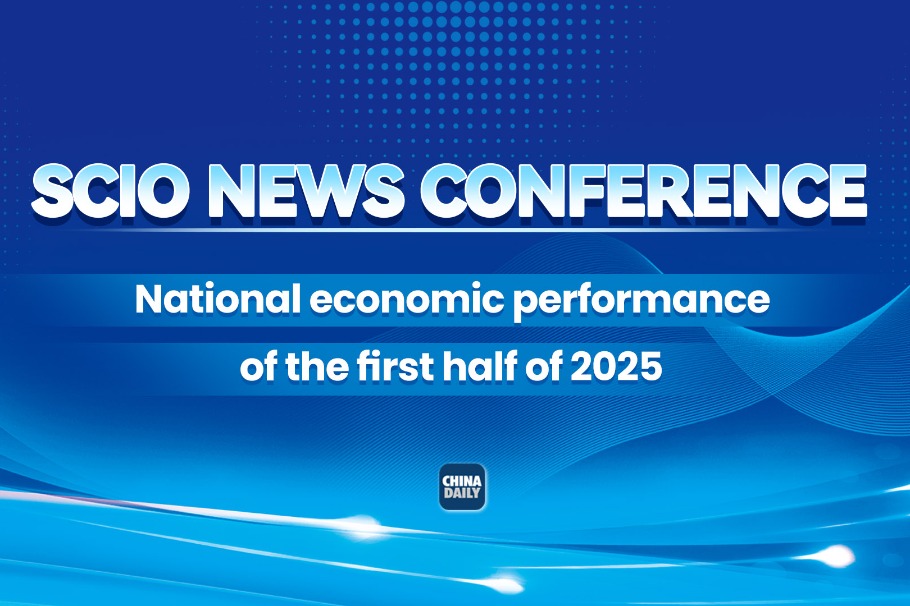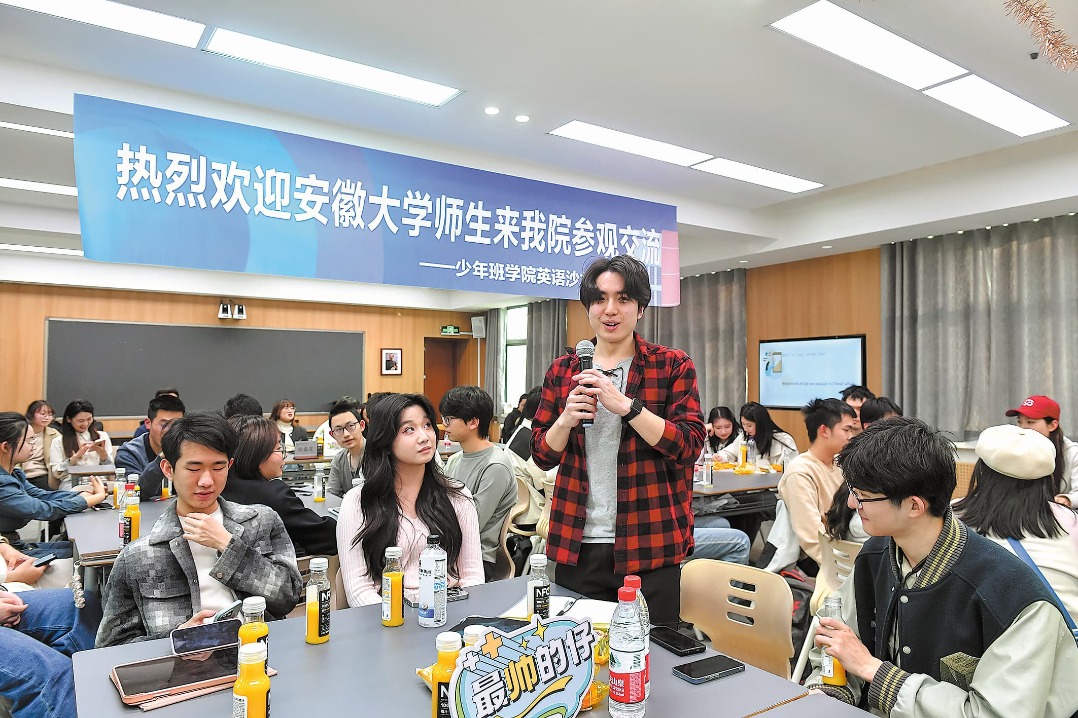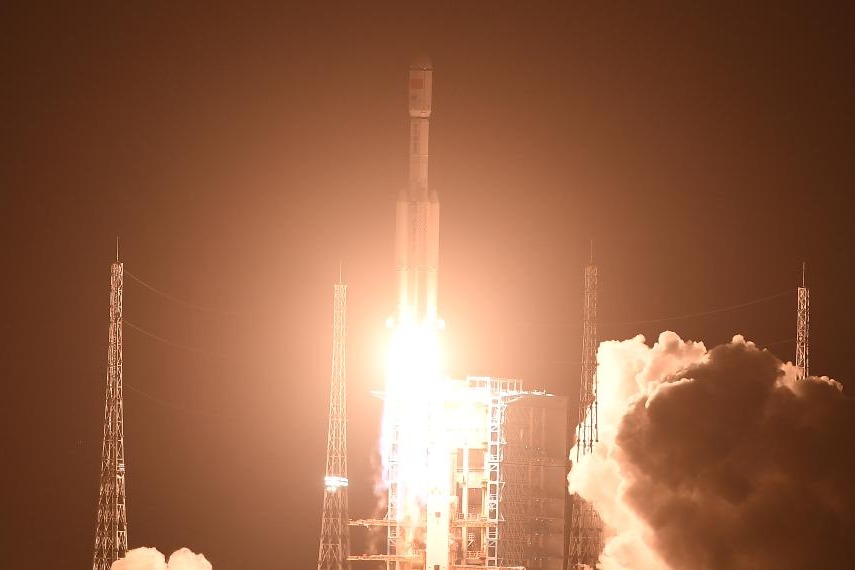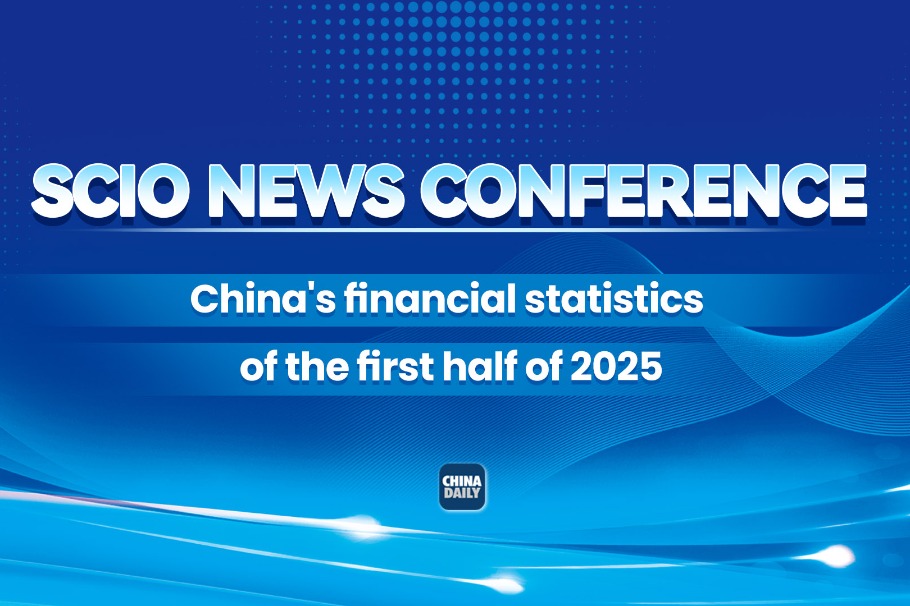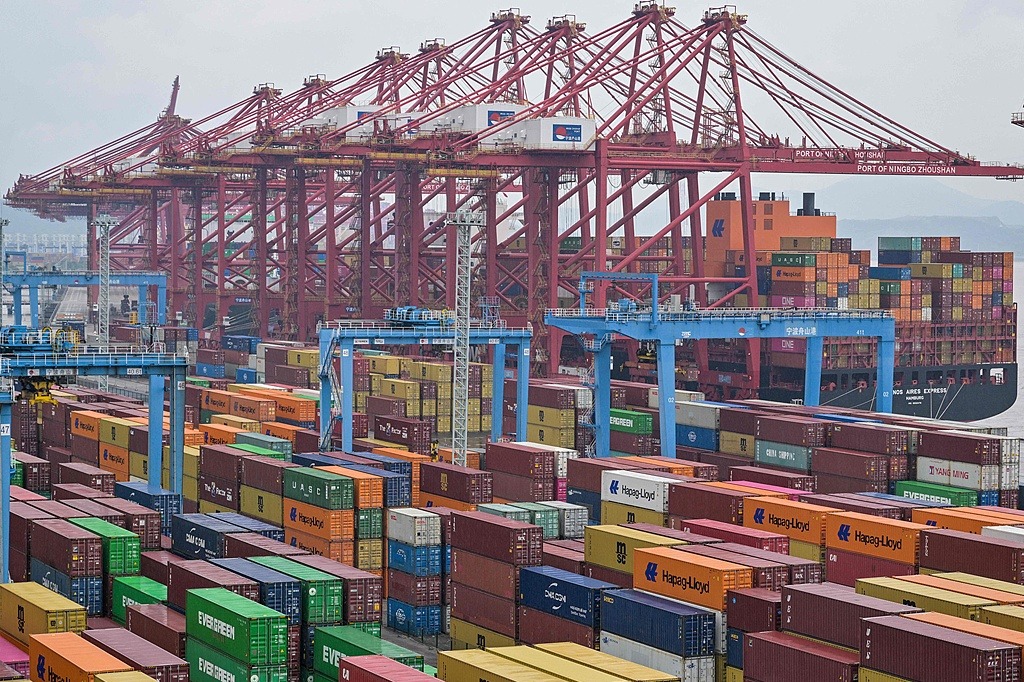Here's why computer scientists got Nobel for physics

After the Nobel Prize in physics went to John Hopfield and Geoffrey Hinton "for foundational discoveries and inventions that enable machine learning with artificial neural networks", many asked why a prize for physics has gone to computer scientists for what is also an achievement in computer science.
Even Hinton, a winner of the 2018 Turing Award and one of the "godfathers of AI", was "extremely surprised" at receiving the call telling him he had got the Nobel Prize in physics, while the other recipient Hopfield said, "It was just astounding."
Actually, the artificial neural network research has a lot to do with physics. Most notably, Hopfield replicated the functioning of the human brain by using the self-rotation of single molecules as if they were neurons and linking them together into a network, which is what the Hopfield neural network is about. In the process, Hopfield used two physical equations. Similarly, Hinton made Hopfield's approach the basis for a more sophisticated artificial neural network called the Boltzmann machine, which can catch and correct computational errors.
The two steps have helped in forming a net that can act like a human brain and compute. The neural networks today can learn from their own mistakes and constantly improve, thus being able to solve complicated problems for humanity. For example, the Large Language Model, which is the basis of the various GPT technologies people use today, dates back to the early days when Hopfield and Hinton formed and improved their network.
Instead of weakening the role of physics, giving the Nobel for achievements in neural networks strengthens it by revealing to the world the role physics, or fundamental science as a whole, plays in sharpening technology.
Today's Top News
- China handles 95 billion parcels in first half of year
- China, India vow to boost relationship
- Tips for expats to strike swifter friendships
- Digital initiative turns city into innovation hub
- AI enables sustainable energy transition
- Smart competition can shape shared progress
















